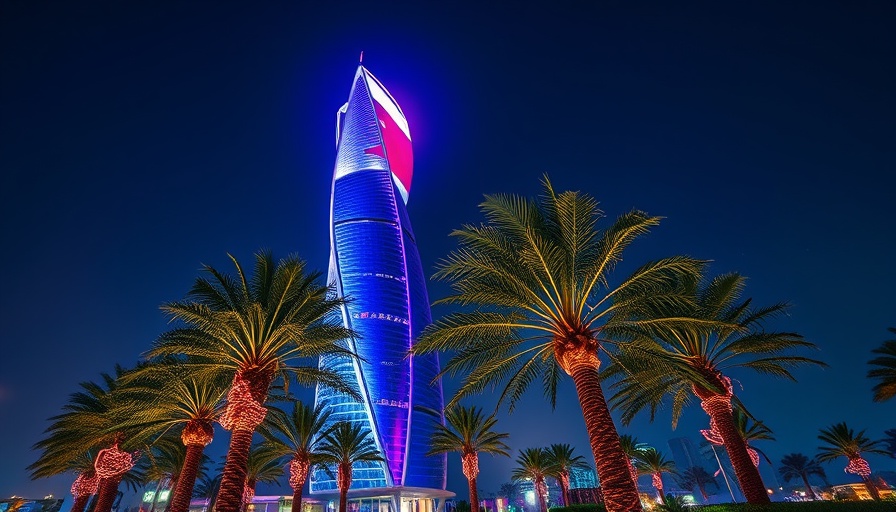
F1 Power Dynamics Heat Up in Bahrain
The Formula 1 Grand Prix weekend in Bahrain showcased not just high-speed racing, but significant political undertones as stakeholders convened to debate future power unit regulations. This meeting, seen by many as a necessary evil, raised eyebrows with comments labeling it as ‘a complete waste of time’—the tension was palpable.
Manufacturers Divided on Engine Regulations
Central to discussions were the incoming V6 specifications and the prospect of reviving V10 engines powered by sustainable fuel. This debate mirrors a broader trend in motorsport toward environmental sustainability—a topic gaining traction in global racing circles. While some manufacturers are keen to innovate sustainably, others remain steadfastly against any changes.
The Governance Crisis Exposed
The backdrop of race weekend was marred by the resignation of Robert Reid, the FIA’s deputy president for sport, who cited a troubling ‘governance crisis.’ His departure highlights deeper issues within the FIA, particularly questions about the concentration of power under President Mohammed Ben Sulayem. Critics argue this creates opacity and undermines transparency, a point echoed by prominent figures like David Richards of Motorsport UK.
Driver Sentiments Reflect Broader Apathy
As discussions unfolded, driver George Russell conveyed a sense of resignation among his peers, expressing that the unfolding governance troubles were expected rather than shocking. Russell’s sentiments reflect a widespread disillusionment among drivers, who feel their voices often go unheard amidst the power plays at the top.
What’s Next for F1?
The mix of governance issues and regulatory debates poses challenging questions for the future of Formula 1. How will these dynamics shape the championship, particularly as teams navigate these waters? As the season unfolds, fans will be watching closely for developments that could dictate the trajectory of the sport.
 Add Row
Add Row  Add
Add 

 Add Row
Add Row  Add Element
Add Element 




Write A Comment